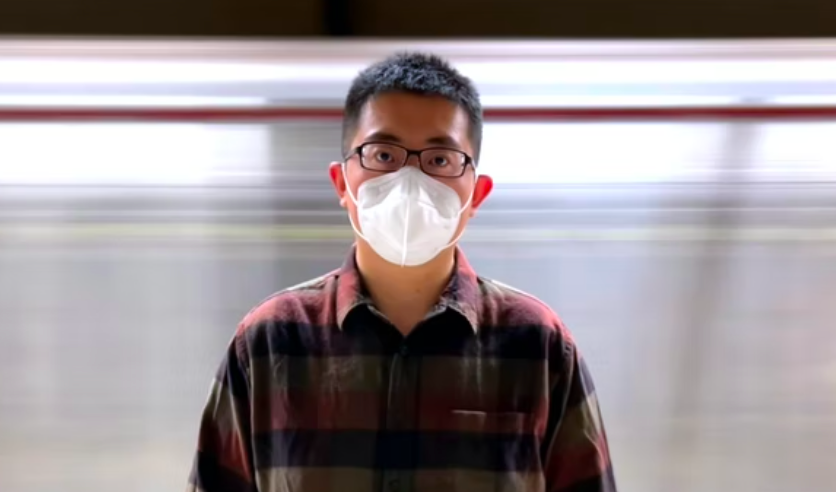Epidemiologists and medical specialists have noted that in spite of a high presence of the circulating virus, countries, where mask-wearing is widely accepted, have been more successful in keeping Omicron deaths low.
These countries include Singapore, South Korea, and Japan.
Professor Michael Baker, a public health professor and epidemiologist from the University of Otago was quoted in Australia’s ABC News as saying that more than two years after the Covid-19 pandemic started, what is underneath the acceptance of these masks is a sense of public responsibility to protect others from infection.
“I’m looking at the countries that appear, on paper, to be keeping their mortality very low … despite having lots of circulating virus, and it’s basically the Asian countries, particularly Japan, South Korea, Singapore,” he is quoted as saying.
For Singapore in particular, Prof Baker noted that after the country realised that eliminating infections was no longer feasible for the sale of the economy, measures were relaxed that allowed transmission.
Despite this, case numbers, and particularly deaths, have remained low.
“What’s the fundamental difference? I think a lot of it will be around the cultural norms around not infecting people, which probably means quite high adherence to staying home when sick and with mask use,” he added.
https://twitter.com/MackayIM/status/1553905569270222849
Prof Baker’s observations come even as mask mandates are discussed in Australia after the World Health Organization urged different countries to return to them and to push vaccine efforts amid surges in infections due to Omicron’s BA.4 and BA.5 variants.
Another epidemiologist, Dr Hassan Vally from Deakin University, said that masking is one example of how cultural differences between countries are making a difference in managing the pandemic.
“We have a very individualistic culture in the West and it’s the mirror image in the East,” he said, adding that “the emphasis rather, [than] being on freedoms and individuality and independence, is on community and unity and looking at things in a holistic way.
And, so, I think that’s a really quite important cultural difference that underpins a lot of the success that has happened in Asian countries.”
Unlike in other countries in the west where people have perceived that mask mandates take away personal freedom, Singaporeans have accepted that masks are still needful while staying in indoor public spaces.
“From my perspective, most are supportive of maintaining this measure,” Associate Professor Ashley St John, from Singapore’s Programme in Emerging Infectious Diseases, told ABC news.
The public understands that marks are effective in preventing widespread disease due to efforts to communicate the evidence behind the mask policy, she said.
She added that “probably the most important aspect of the response to COVID-19 now, that is lowering COVID-associated deaths, is vaccination.”
Dr St John noted that in most Asian countries, vaccine compliance has been high.
In Australia, Dr Vally said that there’s a need for clear messaging about how people should behave now as a Covid surge is causing over 5,000 people to be admitted to the hospital and more than 100 die every day.
“We might not have the level of conformity and social pressure that some Asian countries have, and I think right now there is confusion in the messaging because people seem to think that if the government doesn’t mandate it, they don’t think it’s actually important.
If there is a time to sort of dust off mask-wearing, it’s exactly in this situation as part of pulling out all stops to do the right thing for ourselves and our community to try [to] bring transmission down,” he added. /TISG
https://theindependent.sg/actress-zoe-tay-down-with-covid-after-attending-two-high-profile-parties/

